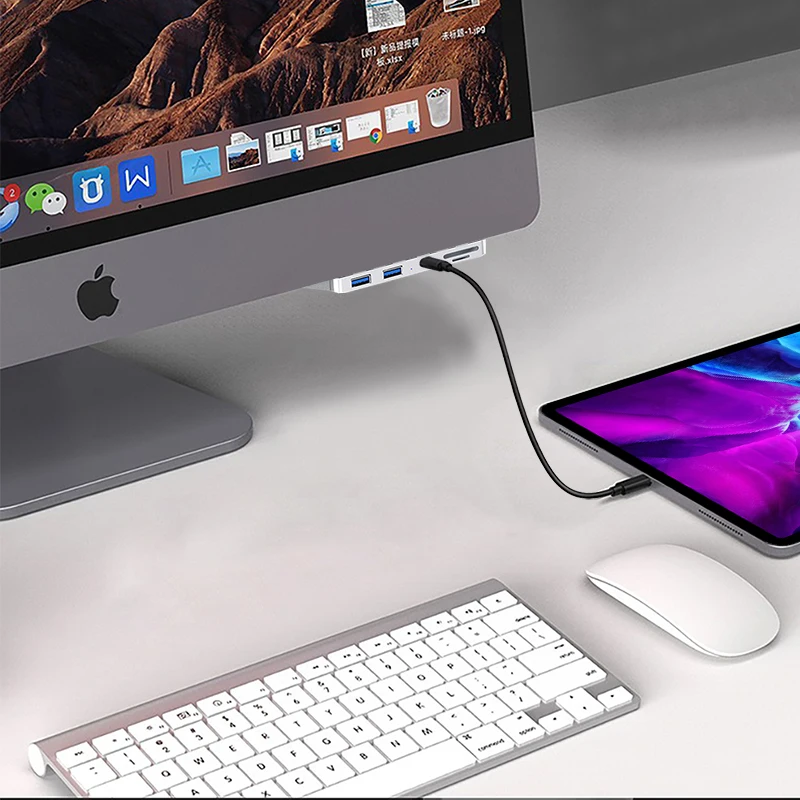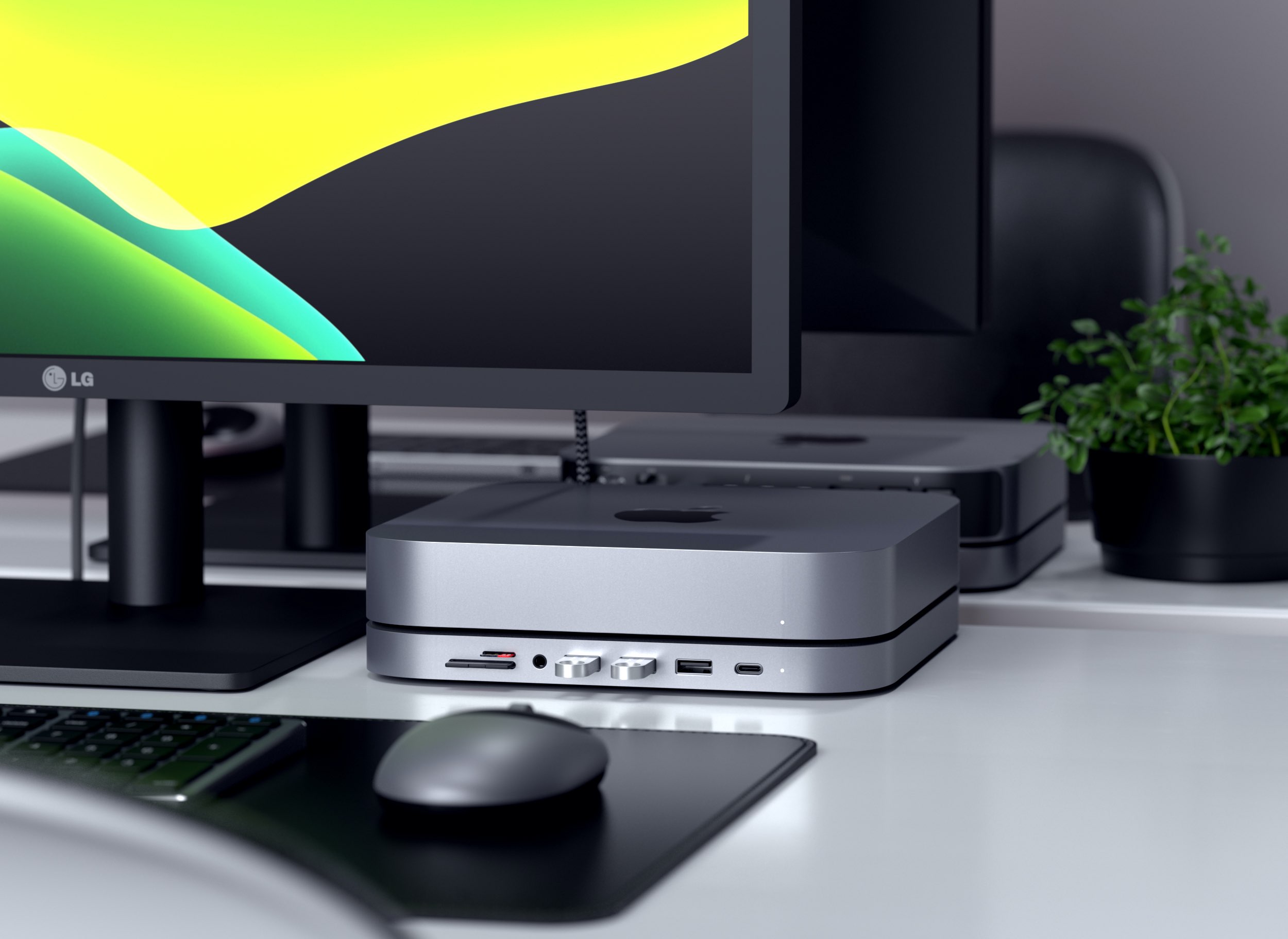
Now you can check all your USB-C ports to see if they are functioning. Press the power button to turn on your Mac.Hold all four keys for another 7 seconds. If your Mac is on, this will turn it off. Press and hold the power button as well as the other keys. Your Mac may turn on doing this process - don't stop holding down the keys. Press and Hold Control-Option-Shift for 7 seconds. So, if one or more of your ports aren't working, resetting the SMC will hopefully rectify the problem. The SMC is responsible for a few different aspects of your MacBook or MacBook Pro, but most importantly, it's in charge of how the power in your MacBook is distributed, including to the USB-C ports. How to reset your System Management Controller on your MacBook If they are working, that's great! If not, you can escalate the issue by resetting the SMC. Once your Mac is loaded up, see if your USB-C ports are functioning. Press the power button again to turn on your Mac.Press and hold the power button for 10 seconds. Click the Apple menu in the top left corner of your screen.This won't cause you to lose any data or files it's just a way to reboot your Mac that's a little more useful than just restarting it. MacBook Pro introduced in 2018 or laterįirst things first, try doing a "soft reset" of your MacBook.MacBook Air introduced in 2018 or later.

How to troubleshoot dead USB-C ports on your MacBookīefore we get started, the steps below only work on MacBook models with the Apple T2 security chips. If that doesn't work, you can escalate the issue and try resetting the System Management Controller (SMC), which controls the power, battery, fans, and a few other things on your MacBook. First, you can do a proper shutdown, which can help, sort of, "shock" the Mac back into working correctly.



There are two different things you can do to troubleshoot dead USB-C ports on your MacBook. Luckily, I found a solution that seemed to remedy the problem. I was worried I was going to have to send my MacBook Air away to get fixed. I've dealt with this exact problem before, and it apparently can happen to even the best MacBook. If you're experiencing a problem where one or more USB-C ports appear to stop working like there's no power going to them and you can't connect anything, you might be feeling a bit a little frustrated. This becomes even more important if you're using a USB-C hub so you can connect other peripherals and accessories to your Mac. The USB-C ports on the MacBook Air and MacBook Pro are vital ports, and you need them to work for you at all times.


 0 kommentar(er)
0 kommentar(er)
